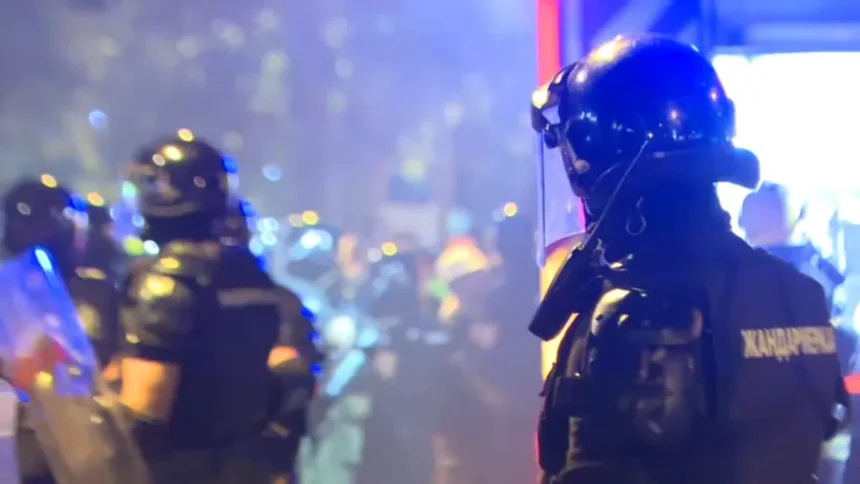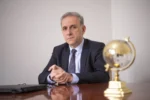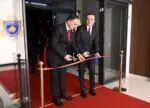President Aleksandar Vučić announced on Sunday that his government will take strong measures against anti-government protesters following several days of unrest across Serbia, which have challenged his increasingly autocratic rule.
Thousands of citizens defied Vučić’s warnings and protested in multiple cities, including Belgrade, chanting “Arrest Vučić” and demanding the release of those detained in the past days. No major incidents were reported during Sunday’s demonstrations.
In one of his frequent televised addresses, Vučić labeled the protesters as engaging in “pure terrorism”, claiming—without presenting evidence—that the months-long demonstrations were orchestrated by Western powers aiming to destabilize Serbia. He warned that the protests could lead to the rise of “anarcho-leftist” authorities in the future.
“If we do not take stronger steps, it is only a matter of time before they (the demonstrators) kill someone,” Vučić stated. “I say this for history.”
The threats came after five consecutive nights of clashes between demonstrators and police forces, as well as Vučić’s supporters. Protesters reportedly set fire to the offices of the ruling Serbian Progressive Party (SNS) in a western Serbian city, along with other coalition allies’ offices.
Special police units deployed tear gas and used force against protesters who threw smoke bombs, flares, and bottles. While Vučić did not specify the government’s next steps, he indicated that a response would come within a week, clarifying that a state of emergency is not planned.
“You will witness the resolve of the Serbian state,” Vučić added. “We will use all means at our disposal to restore peace and order in the country.”
The unrest marks a significant escalation after more than nine months of mostly peaceful protests, triggered by the collapse of a concrete canopy at a northern Serbian train station that killed 16 people. Many Serbians blame the tragedy on widespread corruption in state infrastructure projects, while Vučić faces accusations of cracking down on democratic freedoms while tolerating organized crime and corruption—a charge he denies.
Although Serbia formally pursues EU membership, Vučić maintains strong ties with Russia and China, praising Russian support against what he calls a “color revolution” targeting his government.







